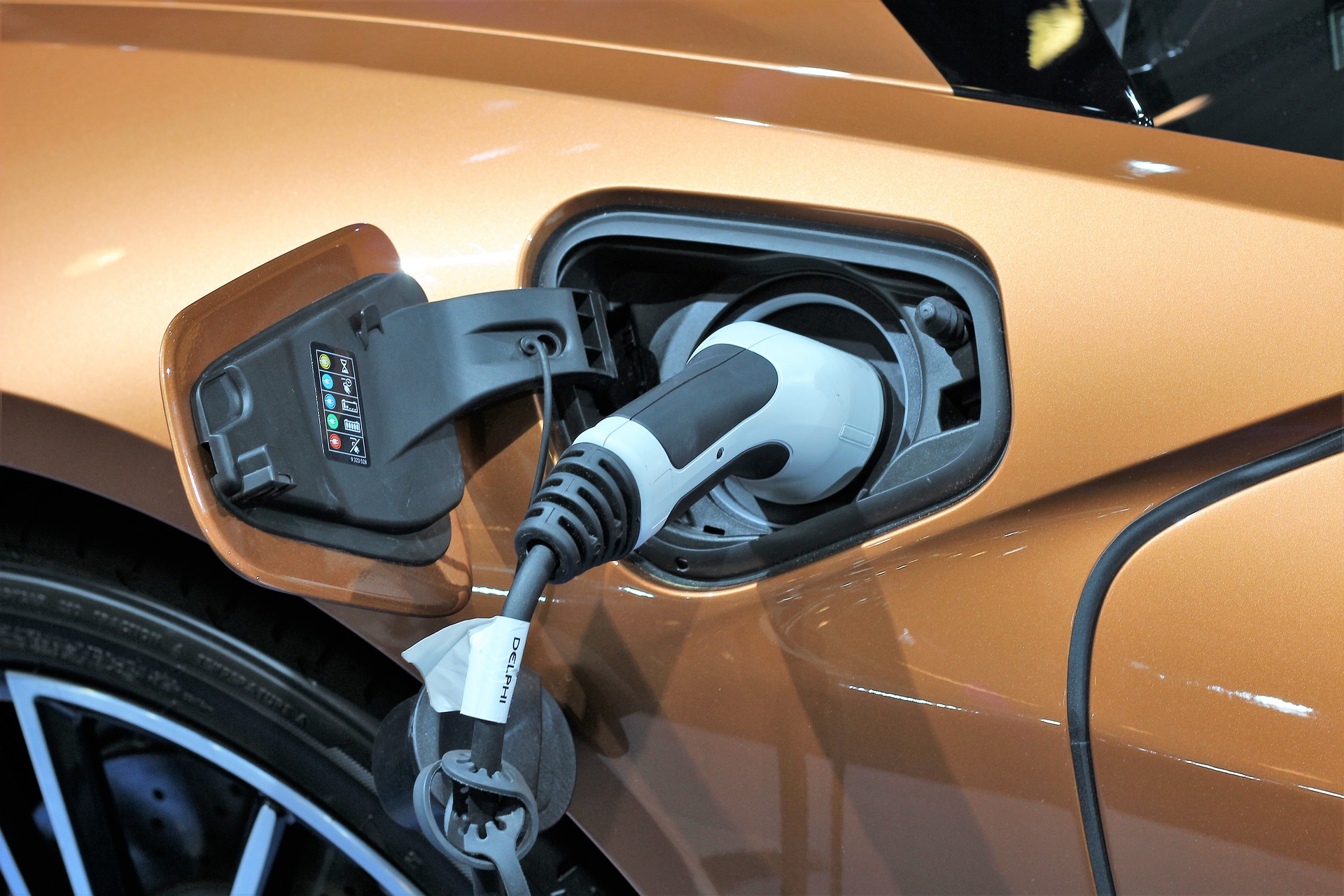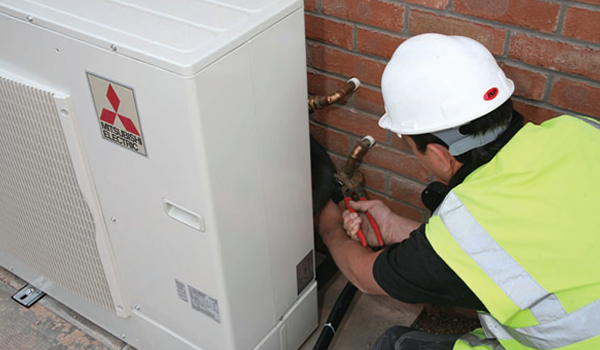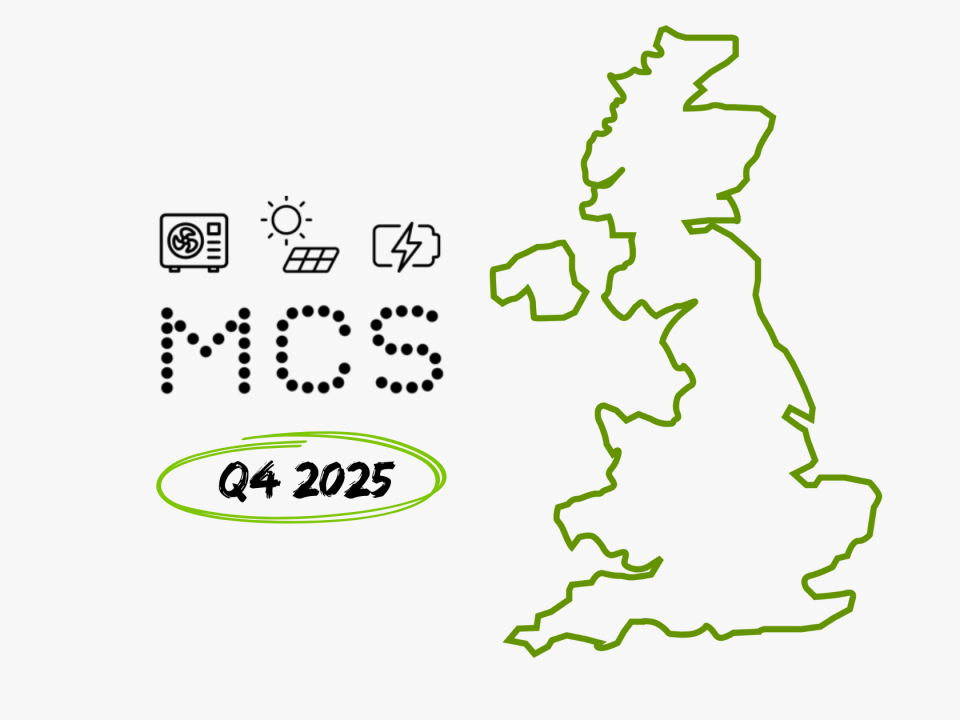
Electric car charging points are to be installed at every new home and office across England
September 13, 2021
Government must prioritise heat pumps over hydrogen for decarbonising domestic heat
January 27, 2022What is the Renewable Heat Incentive?
The Renewable Heat Incentive (RHI) is a Government scheme that was introduced in 2011 to replace the Low Carbon Building Programme. Its aim is to encourage people to invest in renewable forms of heating, by paying them for the renewable heat they produce. The commercial segment of the Renewable Heat Incentive has been running since 2011, and the domestic part started three years later in 2014.
The renewable technologies that the RHI covers are biomass boilers, air to water heat pumps, ground source heat pumps, water source heat pumps, and solar thermal. If you have any of these renewable technologies installed, it is most likely that you are already registered for the RHI, however if you are not yet registered, we strongly recommend you apply to the scheme. The payments should help cover the initial install cost of the renewable technology that has been installed, and potentially cover any maintenance costs in the longer term.
When is the Renewable Heat Incentive being replaced?
The Renewable Heat Incentive is set to last until 31st March 2022. Originally, the scheme was intended to finish in March 2021, however the Government chose to extend it by an additional year due to its popularity.
When the RHI scheme ends in March 2022, it will be replaced by the Clean Heat Grant – this scheme is due to start a month later, in April 2022.
At the moment, the Government are proposing to make the Clean Heat Grant available for just two years ending in March 2024, and the funding is limited to £100m.
What is the Clean Heat Grant?
The Clean Heat Grant is being directed towards households and small non–domestic buildings across the UK. It will help with the upfront installation cost of heat pumps which provide space heating and hot water. The big advantage of the Clean Heat Grant over the RHI is its simplicity – doing away with the RHI’s heat demand based system.
The Government run scheme will provide grants of up to £4000 towards heat pump installations. It will cover ground source heat pumps, air source heat pumps, and water source heat pumps. The scheme suggests that the eligible heat pump installations must have a capacity of 45kW or less, which explains why this scheme is directed to smaller scale installations, leaving commercial building to fend for themselves.
In recent consultations regarding the Clean Heat Grant, the Government have implied that the grant could support biomass installations as well, however only when absolutely necessary. This is mainly due to the Committee on Climate Change who state that heat pumps offer the greatest potential for heat decarbonisation.
Eligibility to get the Clean Heat Grant:
- You must hold a valid EPC for the property in question. You can use the EPC register available to everyone on the Government website to check if your property has a valid EPC.
- On the valid EPC, there must be no recommendation for loft insulation and/or cavity wall insulation. In some cases, this requirement will be exempt. For example, if your property is a listed building. The Government have also proposed that the insulation exemptions will follow those currently in place on the domestic RHI scheme.
- The voucher application process will differ slightly from the domestic RHI. All applicants will need an assessment from at least one installer, and will need to submit a quotation.
The Clean Heat Grant is part of a bigger Clean Growth Strategy, published in 2017, which is aiming to decarbonise the UK’s heat and phase out high-carbon fossil fuel installations in the 2020’s for off-gas properties.
However, for the consumer there is a significant reduction in funding. The domestic RHI is paid via a tariff system over seven years, and for a standard renewable heat project the consumer could expect to receive around £28,000. Whereas the Clean Heat Grant is limited to £4000 funding.
There is also a decrease in the variety of heating systems eligible for the Clean Heat Grant, compared to the RHI. Process heating, solar thermal, biogas combustion, hybrid heat pumps, and heat networks will be excluded from the Clean Heat Grant.
The key benefit is the scheme’s simplicity – a grant based scheme is far easier to run than one based on heat demand and export meters!




